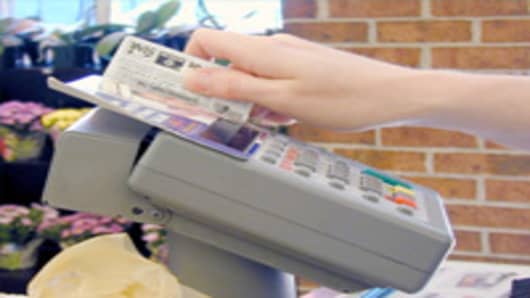Industry advocates are wary of those consequences and hopeful Obama will listen.
Kenneth Clayton, senior vice president for card policy at the Americans Bankers Association, said the concern is that new legislation may make economic matters even worse by shrinking lenders' ability, resulting in "less credit available to vast numbers of Americans" at just the wrong time.
The Federal Reserve has already ordered new rules, to take effect in July 2010, that are designed to enforce a host of new consumer protections.
On Thursday, Sen. Chuck Schumer, D-N.Y., a member of the Finance Committee, and Sen. Chris Dodd, D-Conn., chairman of the Banking Committee, wrote a letter asking the Federal Reserve, the Office of Thrift Supervision and the National Credit Union Administration to use their emergency powers and put next year's planned rules in place immediately.
"Congress is working on legislation to strengthen these rules and provide additional protections for consumers," the senators wrote.
"As Congress works to pass this legislation, and before your rules become effective, issuers continue to operate using unfair and deceptive acts and practices." Almost 80 percent of American households have credit cards.
The average outstanding credit card debt for households that have a credit card was $10,679 at the end of 2008, according to CreditCard.com, an online marketplace designed to link consumers and card issuers.
The White House says Obama is aware of the importance that credit cards hold in many families, particularly as a last option during hard times.
White House economic adviser Larry Summers said over the weekend that the administration wants to curb pitches that addict people to plastic.
"Individuals are going to have to save more. That's why savings incentives are so important," he said.
"That's why we need to do things to stop the marketing of credit in ways that addicts people to it and so that our households are again saving and families are again preparing to send their kids to college."



